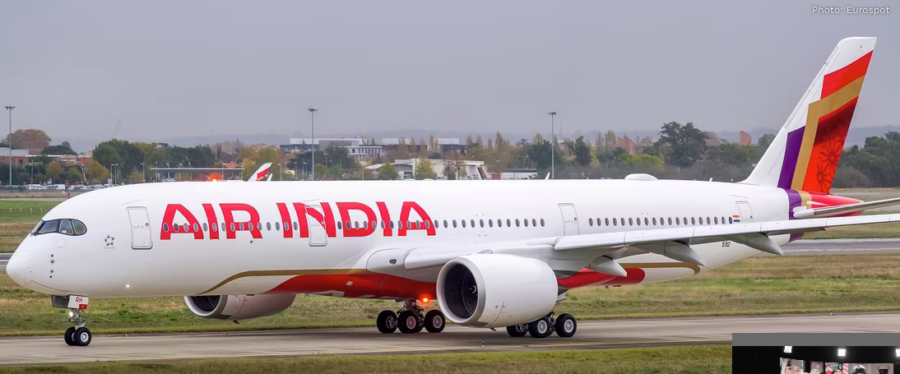India Enhances Aircraft Leasing and MRO Sectors with New Finance Model

India is set to revamp its aircraft financing and leasing landscape by introducing a flexible finance model that integrates pooled private equity, as announced by Finance Minister Nirmala Sitharaman during the budget speech to the Indian parliament on July 23, 2024. This initiative aligns with the government’s broader policy to promote the aviation sector, particularly in leasing and Maintenance, Repair, and Overhaul (MRO) operations.
The 2024-2025 budget highlights include legislative changes to enable an efficient and flexible financing mode for leasing aircraft and ships, utilizing a variable company structure that pools funds from private equity. This strategic move is aimed at making the financing and leasing processes more streamlined and investor-friendly.
Additionally, the budget proposes extending the duration for importing aircraft into India for MRO work from six months to one year, with the possibility of a further extension by 12 months. This adjustment is expected to significantly bolster domestic MRO operations by allowing more time for comprehensive maintenance and repairs, thus attracting more international business.
The Finance Ministry’s economic survey for 2023-2024, tabled a day before the budget speech, outlines the government’s plan to promote aircraft leasing through the International Financial Services Centre (IFSC) at Gujarat International Finance Tech-City, commonly known as GIFT City. Already home to over 28 aircraft lessors who have leased more than 20 aircraft and 49 aircraft engines, GIFT City is becoming a pivotal center for aircraft leasing. Notably, Air India has started leasing its widebody aircraft through this zone, and other airlines are in the process of establishing leasing companies within the IFSC.
The IFSC, established under the International Financial Services Centres Authority Act of 2019, serves as India’s primary hub for international financial services. It aims to enhance India’s standing in the global financial market by facilitating transactions and services primarily for non-residents.
Simultaneously, the government is keen on advancing India’s MRO industry to align with global standards. Following the implementation of the National Civil Aviation Policy (NCAP) in 2016, the number of MROs in India rose from 114 to 147. The industry has expanded its capabilities beyond traditional airframe maintenance to include engine services in collaboration with global Original Equipment Manufacturers (OEMs). Furthermore, more airports across India are developing maintenance facilities to overcome previous infrastructure constraints, marking a significant step towards improving the sector’s capacity and efficiency.
These comprehensive measures by the Indian government underscore a robust commitment to enhancing the country’s aviation infrastructure and operational capacities, paving the way for increased global competitiveness and economic growth.
Sources: AirGuide Business airguide.info, bing.com, ch-aviation.com
